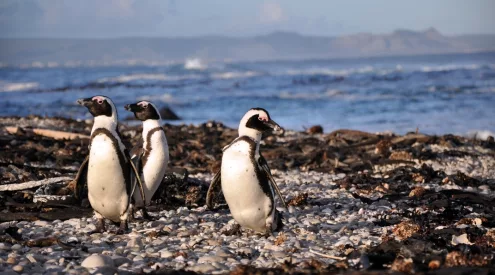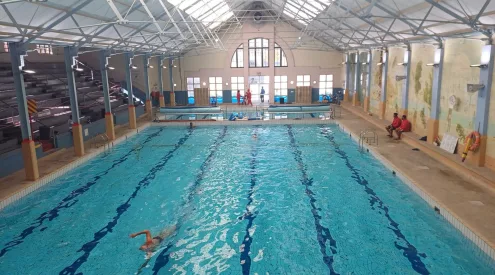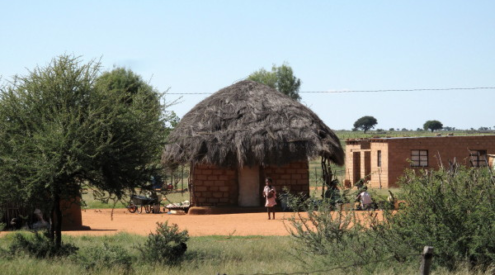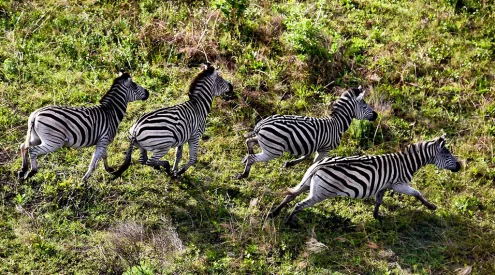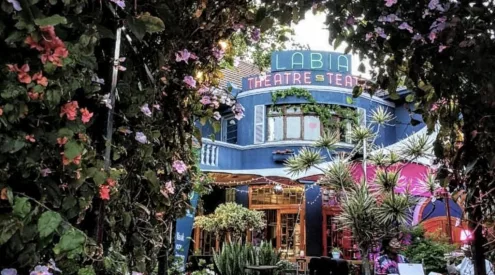After it was reported that the proposed coal expansion threatens Hluhluwe–iMfolozi Park, the recent high rainfall in the area caused a mine dam to collapse, leaking toxic coal slurry into rivers that flow through rural communities and the historic park.
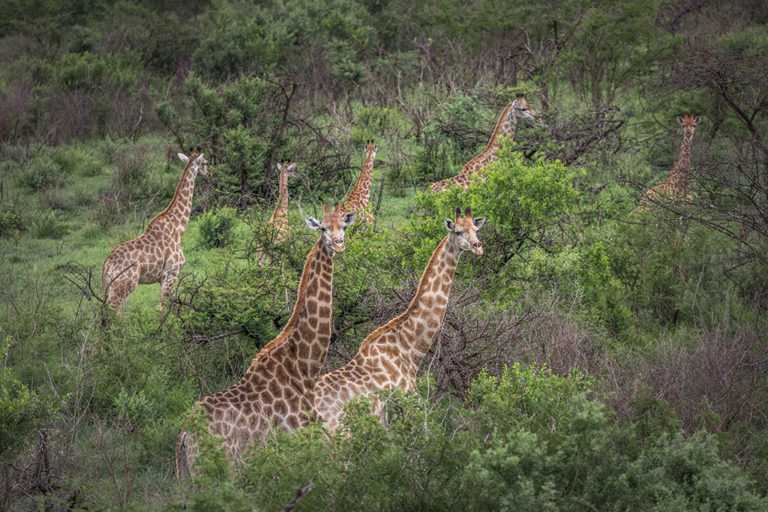
Zululand’s once plentiful big game is now restricted to parks such as Hluhluwe-iMfolozi. Picture: Scott Ramsay/ Getaway Gallery.
Hluhluwe–iMfolozi Park is Africa’s oldest proclaimed nature reserve, which is also home to endangered species of both white and black rhinos, and the African wild dog.
This historic park is now under threat with nearby coal mining operations and a recent dam spill that resulted in a toxic slurry flowing into the surrounding water system on 24 December 2021.
The mine is owned by the Zululand Anthracite Colliery (ZAC) where at least 1 500 000 litres of polluted mine waste burst from a slurry dam and spread into the surrounding land and rivers, including the Mfolozi river which flows through the park.
According to a study by the Centre for Bioprocess Engineering Research at the University of Cape Town, coal slurry is of particular environmental concern as it contains high concentrations of toxic metals, often having a detrimental effect on the environment exceeding the lifespan of the coal mine.
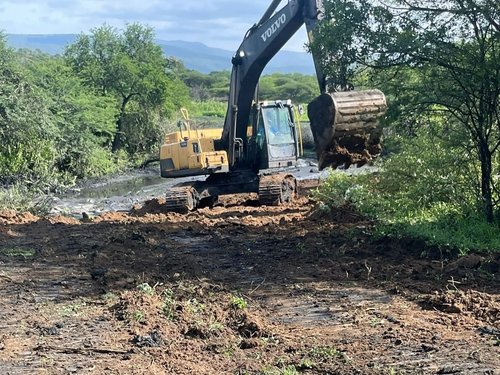
ZAC claimed that they have fixed the dam since the spill. Picture: ZAC
Even though the dam collapsed on 24 December, Daily Maverick reports that residents of affected communities were not warned about the potential hazards until two weeks later.
Furthermore, conservation managers at Hluhluwe-iMfolozi Park were led to believe that the spill was still under control. According to ZAC, the mine held meetings with surrounding communities on 5 and 6 January and commented that they immediately halted all pumping to the slurry pons after the spill, and have fixed the dam since.

The Mfolozi river running through the park was black after the spill. Picture: saveourwilderness.org
So far, there have been no confirmed reports of human, livestock, fish or wild animal deaths downstream, but aerial shots showed extensive pollution as the Umfolozi River was visibly black inside the Hluhluwe–iMfolozi Park.
ALSO READ
Coal mine expansion threatens households and Hluhluwe – iMfolozi Park

